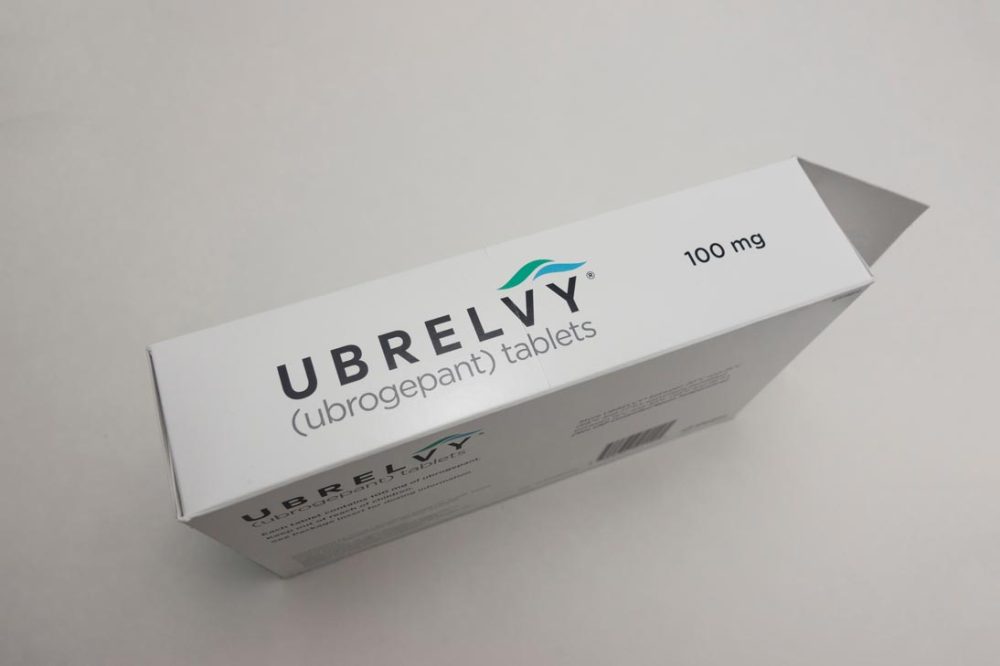Advertisment
Ubrogepant appears to prevent acute migraine

Treatment with ubrogepant at the first sign of migraine onset appears to help prevent acute symptoms from developing.
Researchers reported their findings on August 28 in Neurology.
Author Richard B. Lipton, MD, professor of neurology at the Albert Einstein College of Medicine in Bronx, New York, and Fellow of the American Academy of Neurology said, “Based on our findings, treatment with ubrogepant may allow people with migraine who experience early warning signs before a migraine occurs to quickly treat migraine attacks in their earliest stages and go about their daily lives with little discomfort and disruption,” said Lipton. “This could lead to an improved quality of life for those living with migraine.”
Ubrogepant is an FDA-approved calcitonin gene–related peptide receptor antagonist used to treat acute migraine. The goal of the new study was to see if the drug could also be used in the prodomal phase to prevent the development of acute migraine symptoms. The prodromal phase, also known as the premonitory stage, is the first stage of a migraine.
The investigators enrolled 518 subjects who reported having migraine for at least one year and having two to eight migraine attacks per month in the three months prior to enrolling in the study.
All subjects reported experiencing prodomal signs of migraine onset. Each subject agreed to prodomal ubrogepant treatment of two attacks during a two-month period.
Researchers divided subjects into two groups. The first group received a placebo for their first set of pre-headache symptoms of migraine, and 100 mg of ubrogepant for their second onset of symptoms. The second group took ubrogepant at the first signs of symptoms and placebo for the second.
The investigators reported observing a significantly greater ability to function normally over 24 hours among subjects after treatment with ubrogepant 100 mg compared with placebo (p < 0.0001).
As early as 2 hours after treatment with ubrogepant , a significantly greater proportion of ubrogepant-treated participants reported “no disability, able to function normally” compared with placebo (p = 0.0001).
Ubrogepant treatment during the prodomal phase was also associated with a significantly greater reduction in activity limitations over the 24 hours after dosing (p < 0.0001).
At 8 and 24 hours after treatment, rates of being “satisfied” or “extremely satisfied” were significantly greater for ubrogepant than for placebo (p < 0.0001 at both 8 hours and 24 hours.)
The authors concluded, “Ubrogepant 100 mg administered during the prodrome was associated with significantly greater ability to function normally, greater reduction in activity limitations over 24 hours, and greater satisfaction with study medication, compared with placebo.”





